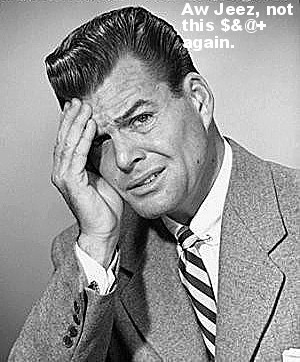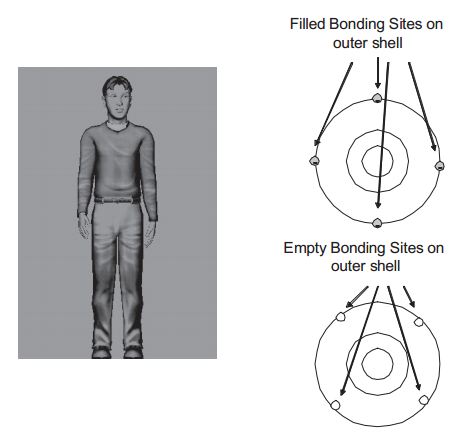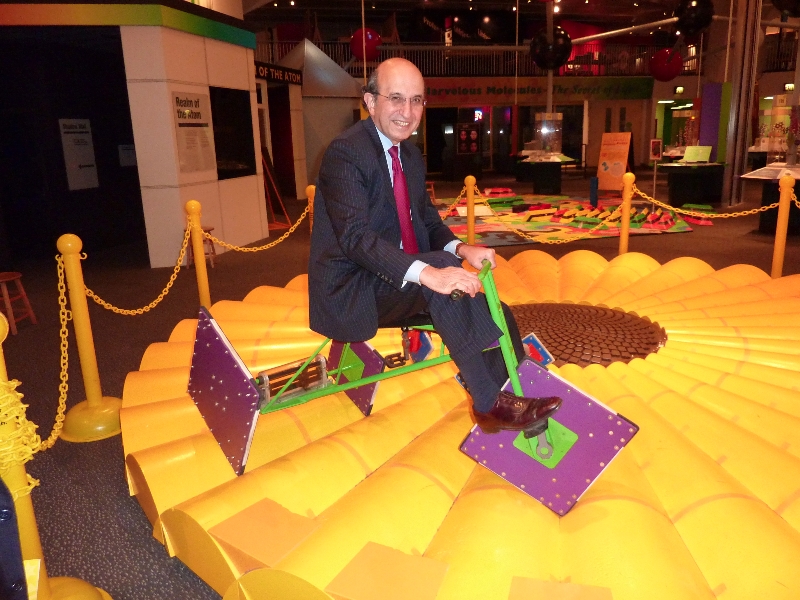Although very recent data are not available, performance by BC 15 year-olds on the 2006 PISA showed them lagging just one country in science (Finland), two countries in reading (Finland and Korea), and five in math (Taipei, Finland, Hong Kong, Korea, and fellow Canadian Province Quebec).
Meanwhile, in 2007, no one scored better than BC fourth graders on the PIRLS reading assessment. (Eight countries or provinces scored about the same--36 scored lower. Test data summarized here.)
Despite this record of success, BC is not satisfied, and gearing up to change the curriculum.
There's one sense in which this plan is clearly needed: there are too many objectives. The document describing learning objectives for the fourth grade runs 21 pages, and includes scores of items. No one can cover all that in a year, so the document ought to be tightened.
Another stated objective in the document describing the proposed change is to offer teachers more flexibility so that they can better tune education to individual students.
Whether that's a good idea is, in my view, a judgment call. The BC Ministry of Education contends that the current curriculum is too proscriptive. It may be, but it's being taught (and learned) at very high levels of proficiency, at least as measured by international comparison tests that most observers think are pretty reasonable. Change the curriculum, and that level of performance will likely drop.
But other benefits may accrue, such as better performance in academic areas not measured by students with strong interest in those areas, and greater student satisfaction.
My real concern is that the plan doesn't make very clear what the expected benefit is, nor how we'll know it when we see it.
At least in the overview document, the benefit is described as "increased opportunities to gain the essential learning and life skills necessary to live and work successfully in a complex, interconnected, and rapidly changing world. Students will focus on acquiring skills to help them use knowledge critically and creatively, to solve problems ethically and collaboratively, and to make the decisions necessary to succeed in our increasingly globalized world."
Oddly enough, I thought that excellent preparation in Reading, Math, and Science was just the ticket to help you use knowledge critically and creatively. And then I saw this statement:
"In today’s technology-enabled world, students have virtually instant access to a limitless amount of information. The greater value of education for every student is not in learning the information but in learning the skills they need to successfully find, consume, think about and apply it in their lives."
If you live in BC, pay attention. This will not end well.




 RSS Feed
RSS Feed